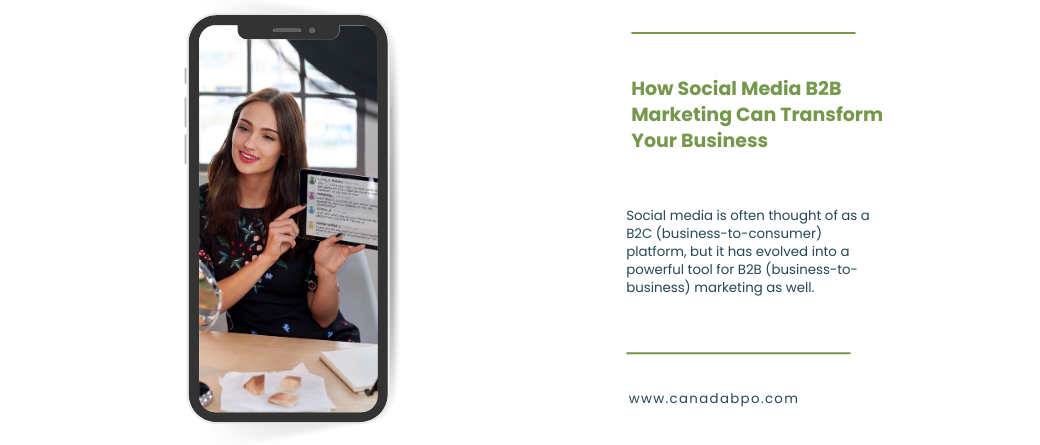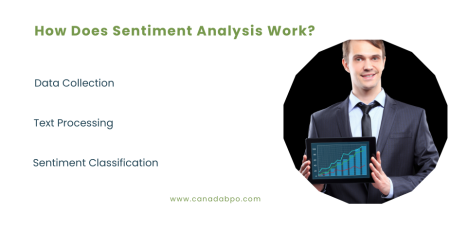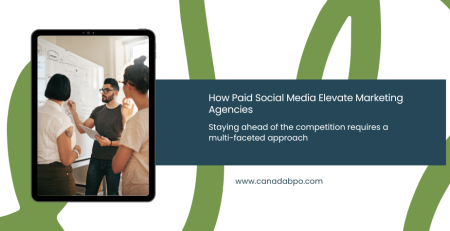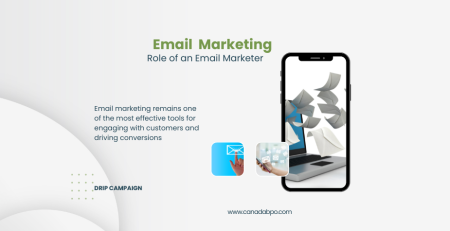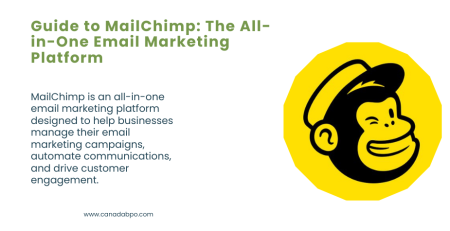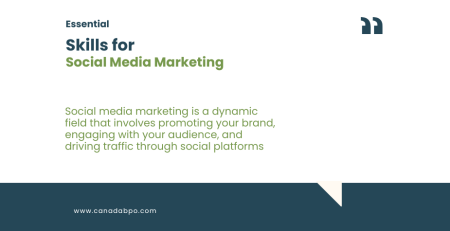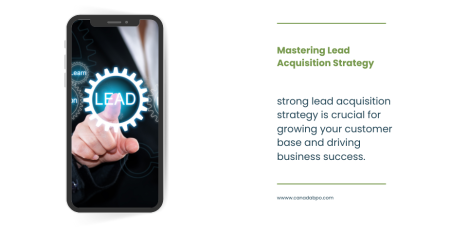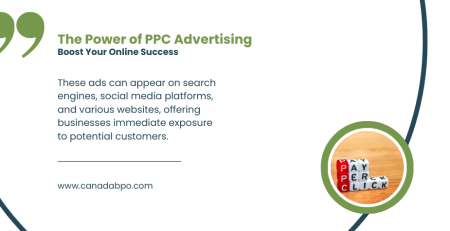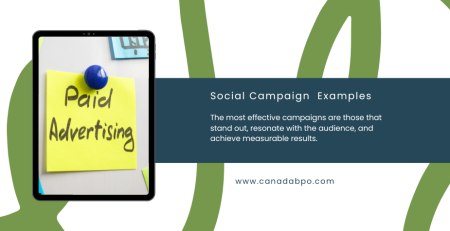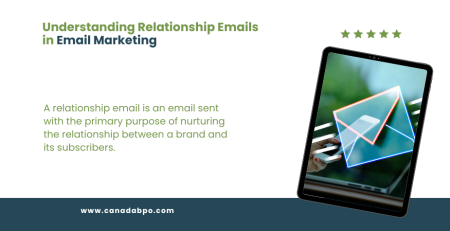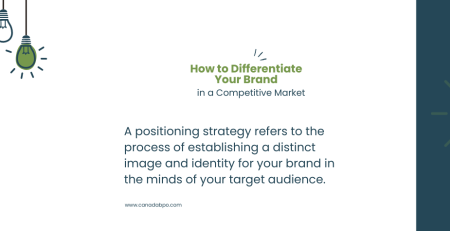Social media is often thought of as a B2C (business-to-consumer) platform, but it has evolved into a powerful tool for B2B (business-to-business) marketing as well. In the world of digital communication, businesses can leverage social media B2B strategies to engage with other businesses, generate leads, and build strong relationships. This blog post explores how social media B2B marketing works, its benefits, and how businesses can effectively use it to drive growth.
What is Social Media B2B Marketing?
Social media B2B marketing refers to the use of social media platforms to market products and services to other businesses rather than individual consumers. It focuses on creating content and strategies that resonate with professionals, decision-makers, and influencers within companies that may be interested in your offerings. Unlike B2C marketing, which focuses on appealing to emotions and quick purchases, B2B marketing typically involves longer sales cycles, more complex buyer journeys, and a focus on value-driven content.
Key Social Media Platforms for B2B Marketing
While almost all social media platforms can be useful for B2B marketing, some are particularly effective for building professional relationships and driving business growth:
- LinkedIn
LinkedIn is the most popular platform for B2B marketing. It’s designed for professional networking, making it the go-to platform for connecting with decision-makers and key players in various industries. LinkedIn’s features, such as LinkedIn Groups, InMail, and Sponsored Content, allow businesses to target specific industries, job titles, and company sizes. - Twitter
Twitter is a great platform for sharing industry news, engaging in real-time conversations, and showcasing thought leadership. B2B companies can use Twitter to participate in discussions through hashtags, share valuable content, and engage with potential business partners. It’s also a platform where B2B companies can offer customer support and show their expertise in solving industry problems. - Facebook
While Facebook is primarily viewed as a B2C platform, it offers extensive targeting options for B2B marketers. By using Facebook Ads, businesses can target their campaigns based on job roles, industries, and company names. Facebook Groups and Pages also allow businesses to create communities, share content, and engage with other businesses. - Instagram
Though Instagram is often considered a B2C platform, it can also be used for B2B marketing by showcasing a company’s culture, behind-the-scenes content, and success stories. Instagram’s visual nature is especially useful for businesses in industries such as design, architecture, and technology, where showcasing products and services visually can make a strong impact. - YouTube
YouTube is a valuable platform for sharing in-depth content such as webinars, product demos, tutorials, and case studies. Video content can help explain complex products and services in a way that’s easy to understand, making it highly effective for B2B audiences.
Benefits of Social Media B2B Marketing
- Building Brand Awareness
Social media is an excellent way for businesses to establish their presence in the marketplace. Through consistent content sharing, engaging with industry leaders, and offering valuable insights, businesses can increase brand visibility and establish themselves as thought leaders. - Generating Leads
Social media platforms allow businesses to connect with other companies, drive website traffic, and nurture leads through targeted ads and organic content. LinkedIn, in particular, is highly effective for lead generation, with tools like LinkedIn Sales Navigator helping businesses identify and engage with key decision-makers. - Showcasing Thought Leadership
B2B buyers are often looking for partners who are experts in their field. By sharing high-quality content such as articles, white papers, and industry reports, businesses can position themselves as authorities in their industry. Platforms like LinkedIn and Twitter are ideal for sharing thought leadership content. - Building Trust and Relationships
Social media enables businesses to engage with potential clients in a more personal and transparent way. By interacting directly with followers, answering questions, and sharing client success stories, businesses can build trust with their audience. This trust is essential in the B2B space, where purchasing decisions often involve higher stakes and longer-term commitments. - Driving Traffic to Your Website
Sharing blog posts, case studies, and other valuable content on social media can drive targeted traffic to your website. With the right calls to action (CTAs), businesses can convert this traffic into leads and eventually customers. Additionally, social media channels provide insights into which types of content perform best, allowing businesses to optimize their marketing strategies.
How to Develop a Successful Social Media B2B Strategy
- Set Clear Goals
Before jumping into social media marketing, it’s essential to establish clear objectives. Whether you want to increase brand awareness, generate leads, or improve customer engagement, your goals will determine the type of content you create and the platforms you use. - Understand Your Audience
In B2B marketing, understanding your audience is crucial. Research the industries, companies, and professionals you’re targeting. What challenges do they face? What solutions are they seeking? This information will help you create content that resonates with your target audience. - Create Valuable Content
Content is the backbone of social media B2B marketing. Your content should provide value to your audience, whether it’s educating them on industry trends, offering insights into how your products can solve their problems, or showcasing your company’s expertise. Long-form content like articles and case studies, as well as short-form content like infographics and videos, are all effective. - Engage and Interact
Social media isn’t just a platform for broadcasting; it’s a tool for building relationships. Engage with your audience by responding to comments, participating in discussions, and sharing other businesses’ content. Consistent interaction can help foster trust and position your company as a reliable partner. - Use Paid Ads
While organic reach is important, paid social media advertising can help your business reach a more targeted audience. Platforms like LinkedIn, Facebook, and Twitter offer highly detailed targeting options, allowing you to reach specific job titles, industries, and company sizes. Paid ads can amplify your content and drive more qualified leads. - Measure and Optimize
Monitoring your social media performance is key to improving your strategy. Use analytics tools provided by each platform to track engagement, reach, and conversions. By analyzing these metrics, you can determine what’s working and what isn’t, and make adjustments to optimize your future campaigns.
Social media B2B marketing is an essential strategy for businesses looking to connect with other companies, build brand awareness, and drive meaningful engagement. By leveraging platforms like LinkedIn, Twitter, and Facebook, B2B marketers can create valuable content, showcase their expertise, and generate qualified leads. When executed correctly, social media can be a powerful tool for growing your business and building long-term relationships with clients.
If you’re ready to enhance your social media B2B strategy, Canada BPO Services can help. Our team of experts specializes in crafting tailored social media marketing campaigns that drive results. Contact us today to learn how we can help your business succeed in the digital landscape!
